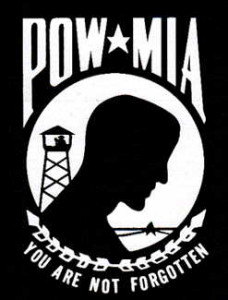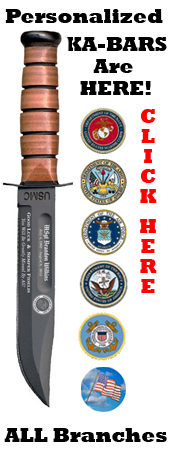Code of Conduct for US Military
Articles of the Code of Conduct
During the Korean War in the early 1950s, the Chinese Army and North Korean Army captured some American military men. These American prisoners then faced a deadly new enemy, the Eastern World’s POW environment.
For the American prisoners, brutal torture, random genocide, lack of food, absence of medical aid, and subhuman treatment became a daily way of life. Many of the Americans found that their training had not prepared them for this new battlefield.
President Dwight D. Eisenhower first published the Code of Conduct for members of the Armed Forces of the United States on 17 August 1955. In March 1988, President Ronald W. Reagan amended the code with gender-neutral language.
After the war the American armed forces jointly developed a Code of Conduct. The President of the United States approved this written code in 1955. The six articles of the code create a comprehensive guide for all American military forces in time of war, and in time of peace. The articles of the code embrace (1) general statements of dedication to the United States and to the cause of freedom, (2) conduct on the battlefield, and (3) conduct as a prisoner of war.
The new Code of Conduct is not a part of the Uniform Code of Military Justice (UCMJ). Instead, the Code of Conduct is a personal conduct mandate for members of the American armed forces throughout the world.
Articles of the Code of Conduct for United States Marines and recruits preparing for boot camp.
ARTICLE I: Marine Code of Conduct
I am an American, fighting in the forces which guard my country and our way of life. I am
prepared to give my life in their defense.
ARTICLE II: Marine Code of
Conduct
I will never surrender of my own free will. If in command, I will never surrender the members of
my command while they still have the means to resist.
ARTICLE III: Marine Code of
Conduct
If I am captured I will continue to resist by all means available. I will make every effort to
escape and to aid others to escape. I will accept neither parole nor special favors from the
enemy.
ARTICLE IV: Marine Code of
Conduct
If I become a prisoner of war, I will keep faith with my fellow prisoners. I will give no
information nor take part in any action which might be harmful to my comrades. If I am senior, I
will take command. If not, I will obey lawful orders of those appointed over me and will back
them in every way.
ARTICLE V: Marine Code of
Conduct
When questioned, should I become a prisoner of war, I am required to give name, rank, service
number, and date of birth. I will evade answering further questions to the utmost of my ability.
I will make no oral or written statements disloyal to my country or its allies or harmful to
their cause.
ARTICLE VI: Marine Code of
Conduct
I will never forget that I am an American, fighting for freedom, responsible for my actions, and
dedicated to the principles which made my country free. I will trust in my God and in the UNITED
STATES OF AMERICA.
The Code of Conduct outlines basic responsibilities and obligations of members of the US Armed Forces.
All members are expected to measure up to the standards embodied in the Code of Conduct. Although designed for a POW situation, the spirit and intent are applicable to service members subjected to other hostile detention. Such service members should consistently conduct themselves in a manner that avoids discrediting them and their country. There are six articles of the Code of Conduct that address situations and decision areas that, to some degree, may be encountered by all personnel. It includes basic information useful to POWs in their tasks of surviving honorably while resisting their captor’s efforts to exploit them to the enemy’s advantage and their disadvantage. Such survival and resistance require varying degrees of knowledge of what the six articles mean.
This should answer the questions:
What is the Marine Corps Code of Conduct?
Does the Code of Conduct only apply to POW’s?
How many articles in the code of conduct?



